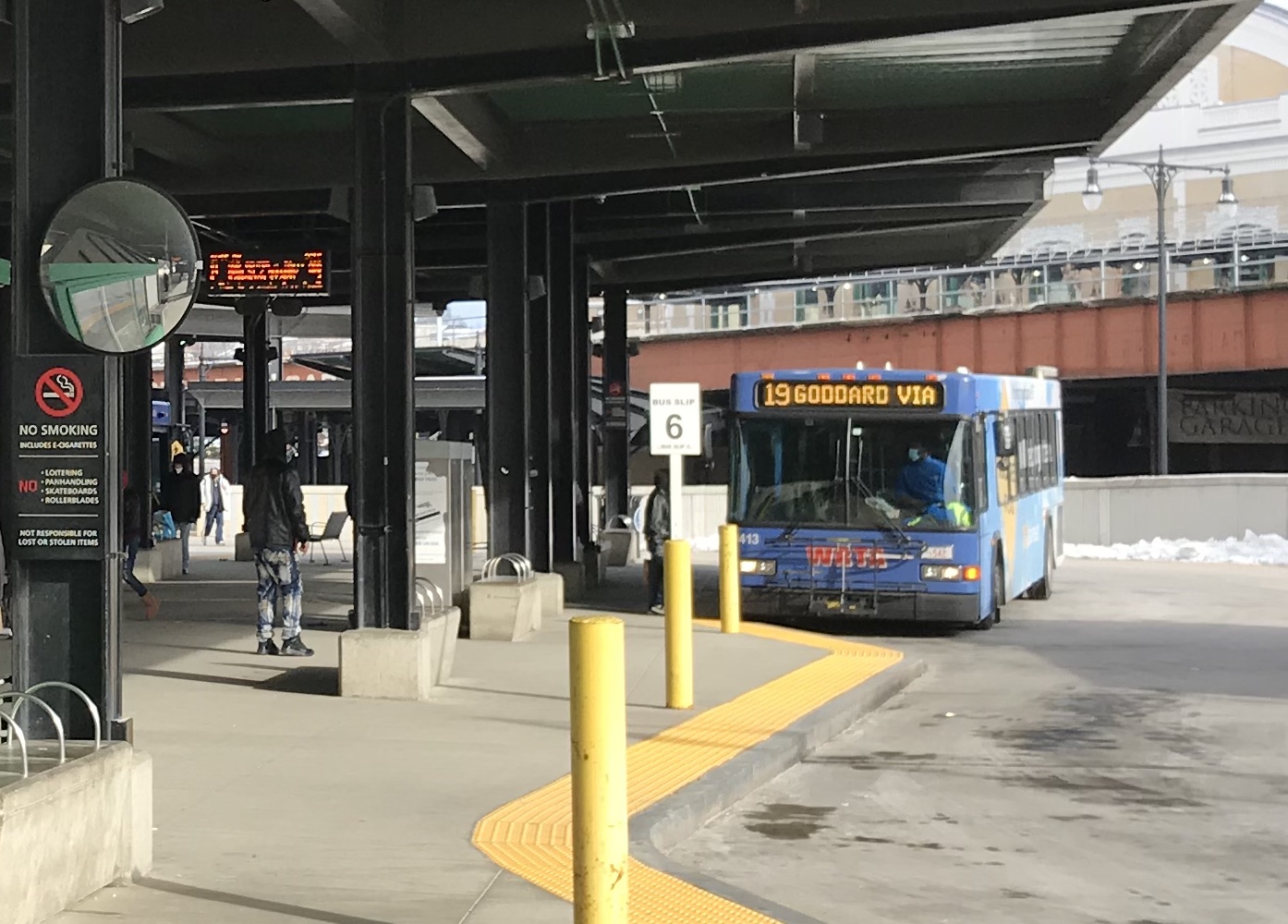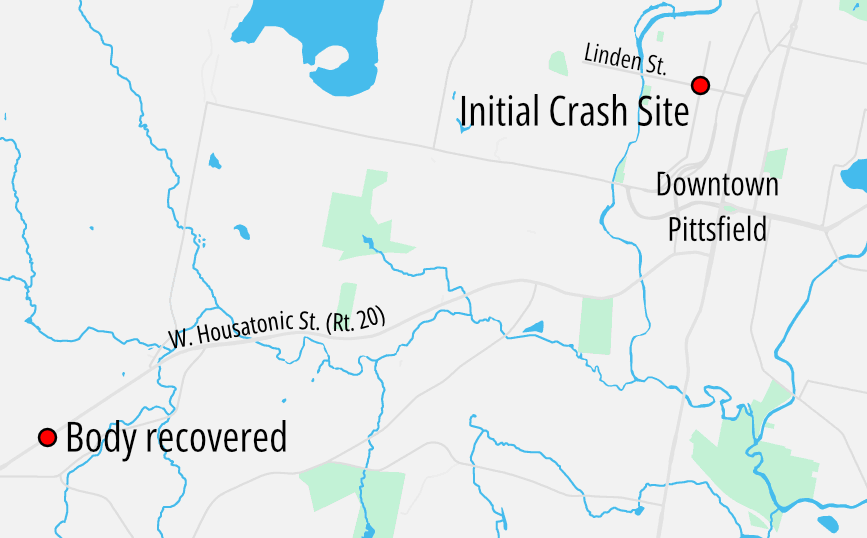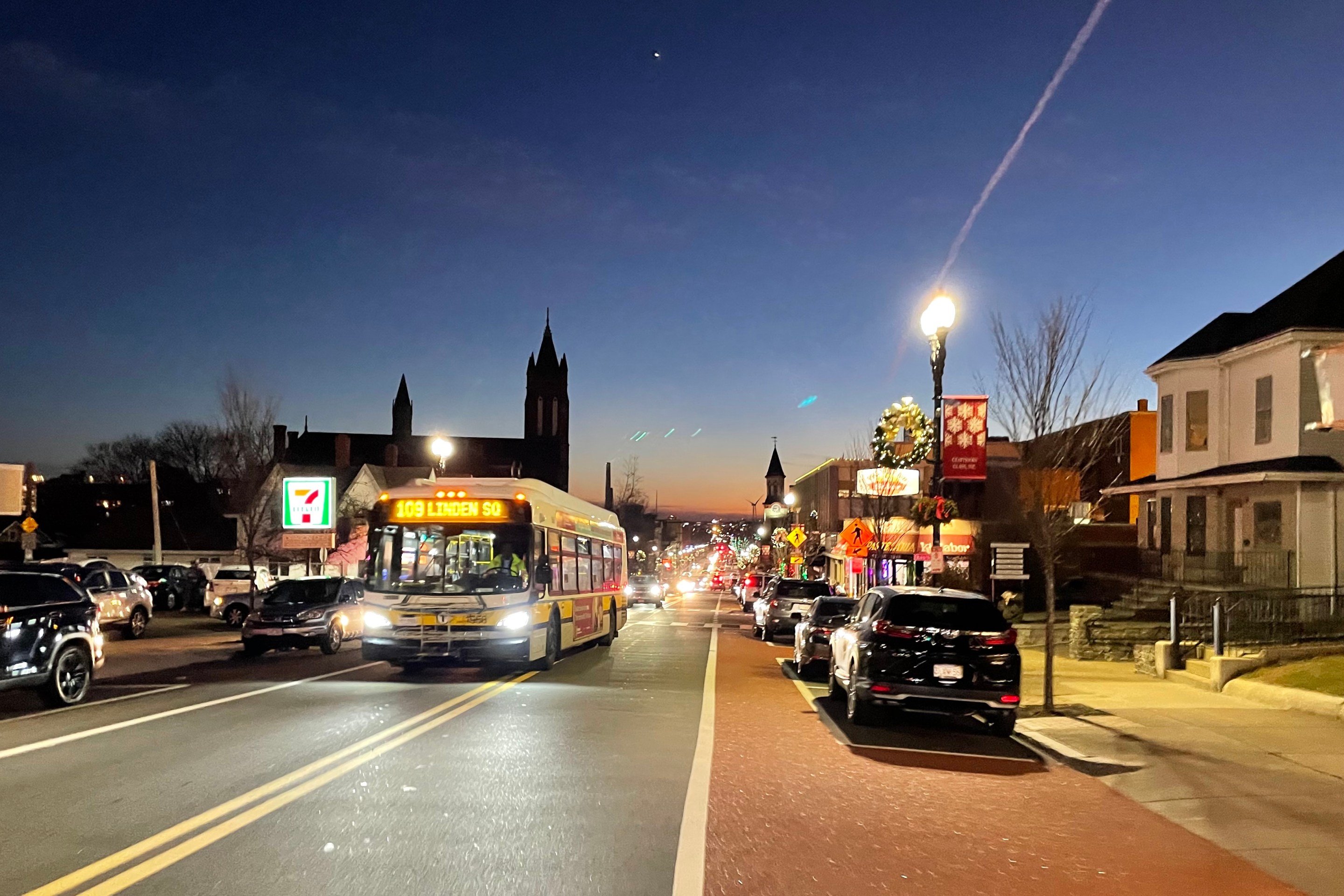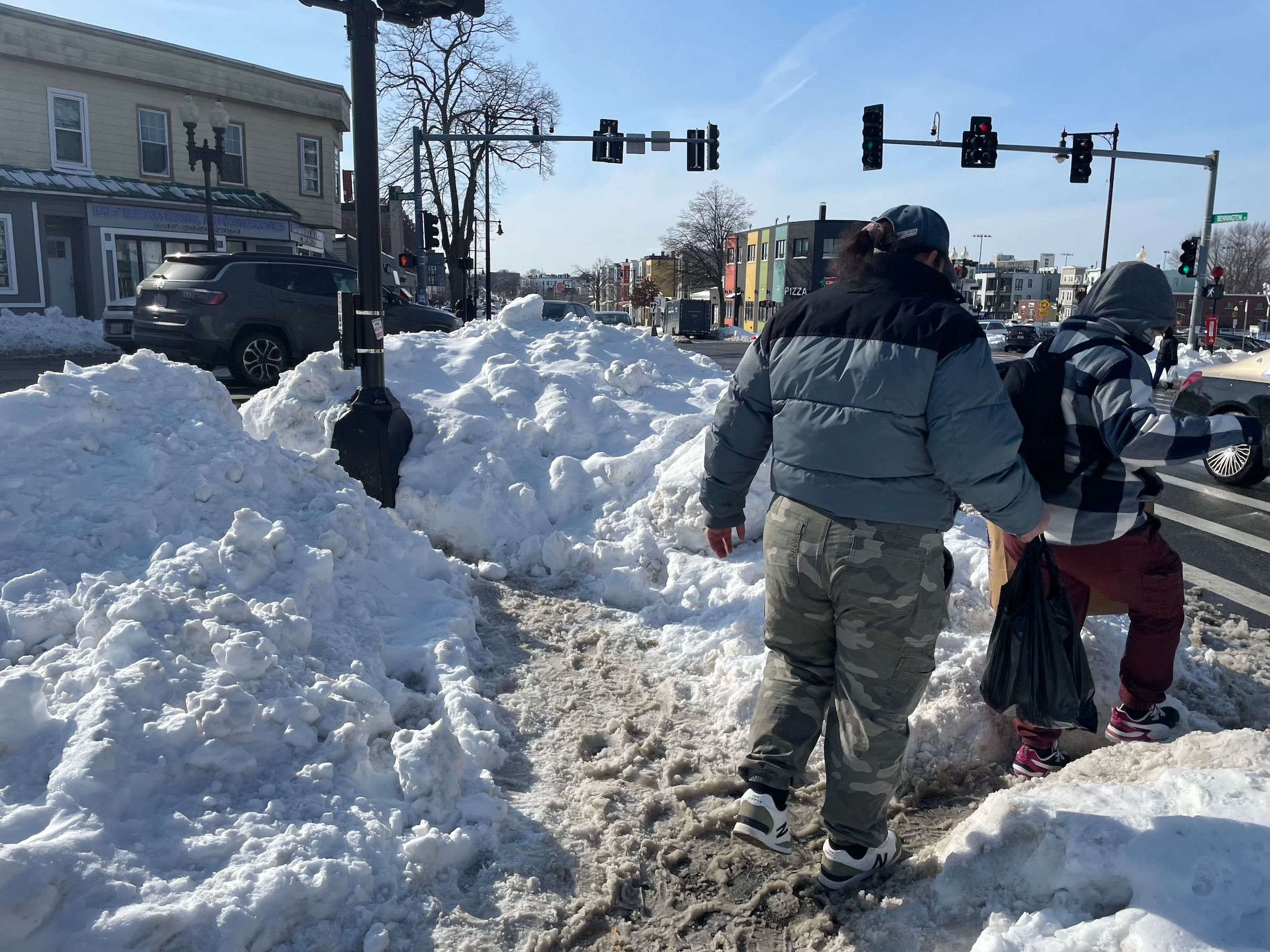It's nearly a month overdue, but the Massachusetts legislature on Monday approved a $56.2 billion state budget for fiscal year 2024, which began on July 1.
For the past two months, a special budget conference committee consisting of six legislators from the House and Senate have been working behind closed doors to reconcile two budget bills that the House and the Senate each approved earlier this spring.
The conference committee's proposal finally debuted for public scrutiny last night. On Monday afternoon, the House of Representatives voted 156-2 to approve the proposal; half an hour later, the Senate followed suit with a unanimous vote.
The budget proposal now goes to Governor Healey, who may exercise a line-item veto.
This year's budget includes roughly $1 billion in anticipated new funding from the state's Fair Share Amendment income tax surcharge on high-income taxpayers.
That new funding will establish a new "Education and Transportation Fund". Under the conference committee's proposal, transportation projects and programs will get just under half of that new funding this year, with the following line-items:
- $25 million for state and local matching funds to match potential discretionary federal grants from the new Bipartisan Infrastructure Law;
- $50 million for bridge repair and reconstruction projects
- $180.8 million for MBTA capital improvements, including a $10.8 million set-aside for design work on the Red-Blue connector project;
- $5 million to design a low-income fare program for the T
- $90 million in new funding for the state's Regional Transit Authorities
- $5.7 million for operational assistance for ferries
- $20 million for safety and hiring initiatives at the MBTA
- $100 million for municipal road projects
These additional funds from the new Education and Transportation Fund would augment other sources of funding for transit programs from the existing Commonwealth Transportation Fund.
The conference committee's budget would give the MBTA $187 million from the Commonwealth Transportation Fund plus $94 million for the state's Regional Transit Authorities.
Last year's budget allocated slightly more transit funding from the Commonwealth Transportation Fund (the last budget bill authorized $187 million for the T, plus $86.5 million for RTAs).
But with the new Fair Share Funding added in, transit agencies could get roughly twice as much financial support from the state in the coming year.
The extra $181 million for MBTA capital projects likely won't make a huge difference for an agency whose total capital needs remain officially unknown, but are likely greater than $10 billion.
But for the state's frugal RTAs, which operate local bus routes outside of the MBTA's service area, a doubling of state operating support could have a huge impact.
Of the $90 million in Fair Share funding for RTAs, the proposed budget legislation sets aside $56 million "to support operational enhancements and improvements, including expanded service hours, weekend services and route expansions."
Another $15 million would fund "on grants for fare free pilot programs" at the RTAs. To put that number in context, at the end of 2022, MassDOT paid $2.5 million to fund fare-free service on all of the state's RTAs during the entire month of December.
The budget legislation also includes a small earmark for the City of Boston's proposed purchase of pedal-assist e-bikes for the Bluebikes system.
The budget legislation's $524 million allocation for the Massachusetts Transportation Trust Fund, which is the main source of funding for MassDOT's highway programs, specifies that "not less than $100,000 shall be expended for the purchase of electric bicycles as part of the Bluebikes share infrastructure program in the city of Boston."
Read the full budget legislation here.
This story was updated on July 31 at 3:30 p.m. to reflect the results of the House and Senate budget votes and add additional details about spending line items.






